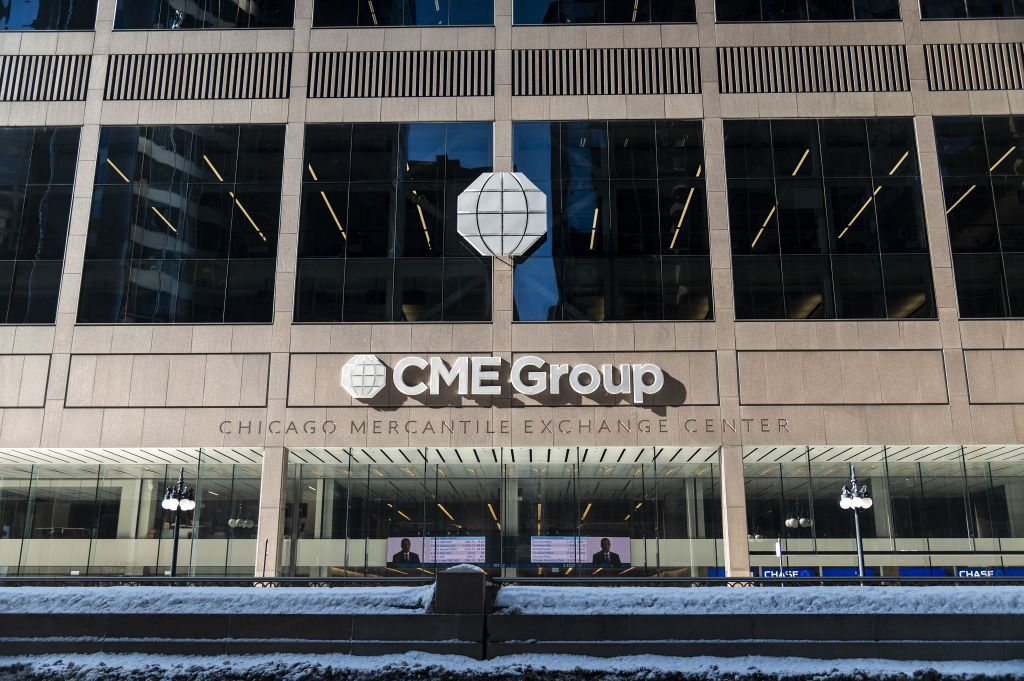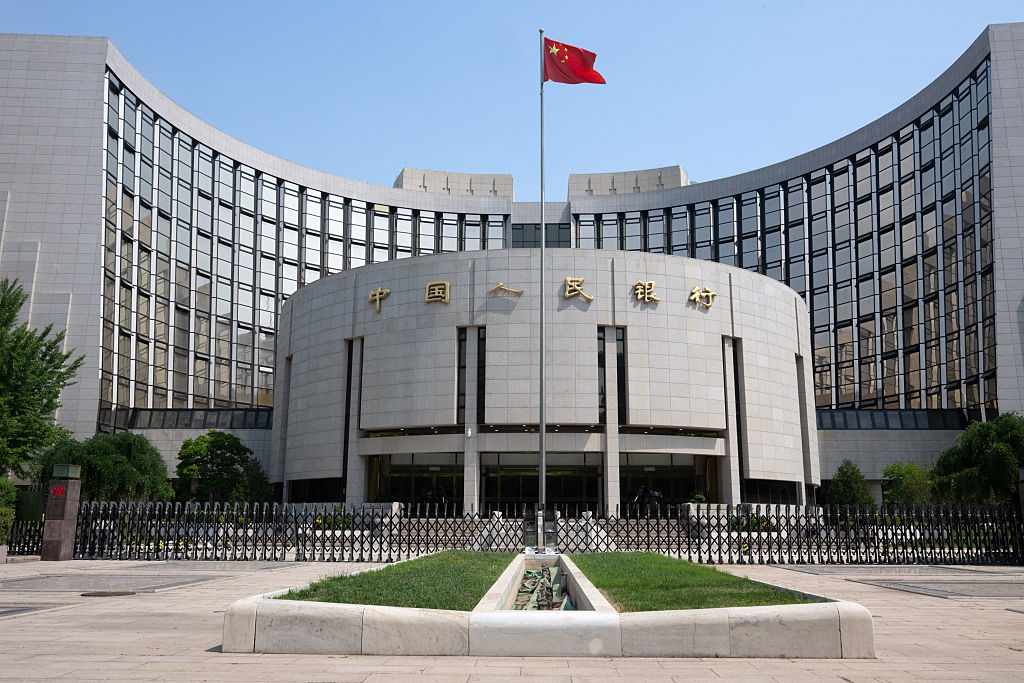The US dollar will soon start to slide
The US dollar enjoyed its best quarter since 2018 in the first three months of this year, driven by higher US Treasury bond yields. But the period of dollar strength should ultimately fade away.

Get the latest financial news, insights and expert analysis from our award-winning MoneyWeek team, to help you understand what really matters when it comes to your finances.
You are now subscribed
Your newsletter sign-up was successful
Want to add more newsletters?

Twice daily
MoneyWeek
Get the latest financial news, insights and expert analysis from our award-winning MoneyWeek team, to help you understand what really matters when it comes to your finances.

Four times a week
Look After My Bills
Sign up to our free money-saving newsletter, filled with the latest news and expert advice to help you find the best tips and deals for managing your bills. Start saving today!
Don’t bet against Uncle Sam. Market analysts were sure of one thing at the start of 2021: the dollar was due a fall. A strong global recovery, combined with fears of government overspending in Washington, meant investors were expected to swap their greenbacks for a more colourful collection of international currencies. Instead, the US dollar index, which measures the currency’s value against a basket of six major trading partners’ currencies, has gained 2.3% so far this year.
The greenback enjoyed its best quarter since 2018 in the first three months of this year, says Eva Szalay in the Financial Times. It gained an impressive 7.2% against the Japanese yen. The dollar’s strength has been driven by higher US Treasury bond yields. The US ten-year yield has risen from 0.9% at the start of the year to 1.65% today. That has made it more attractive relative to bonds in other currencies.
If anything, the real question is why the dollar isn’t even stronger, says Aaron Back in The Wall Street Journal. While the dollar index has gained in 2021, it has actually fallen by 7% over the last 12 months. It seems that investors fear an inflationary sting in the tail. The US Federal Reserve has made clear that it is much more relaxed about inflation than it used to be. Higher inflation means lower purchasing power per unit of currency, so the prospect of a US inflationary surge would be bad for the dollar.
MoneyWeek
Subscribe to MoneyWeek today and get your first six magazine issues absolutely FREE

Sign up to Money Morning
Don't miss the latest investment and personal finances news, market analysis, plus money-saving tips with our free twice-daily newsletter
Don't miss the latest investment and personal finances news, market analysis, plus money-saving tips with our free twice-daily newsletter
An incipient US boom means the greenback may stay strong in the short-term, say Will Denyer and Tan Kai Xian for Gavekal Research. But while the Biden White House has so far focused on splashing the cash, tax hikes and more regulation are also on the agenda. As the rest of the world catches up with the US recovery, this period of dollar strength should ultimately fade away.
Get the latest financial news, insights and expert analysis from our award-winning MoneyWeek team, to help you understand what really matters when it comes to your finances.
Alex is an investment writer who has been contributing to MoneyWeek since 2015. He has been the magazine’s markets editor since 2019.
Alex has a passion for demystifying the often arcane world of finance for a general readership. While financial media tends to focus compulsively on the latest trend, the best opportunities can lie forgotten elsewhere.
He is especially interested in European equities – where his fluent French helps him to cover the continent’s largest bourse – and emerging markets, where his experience living in Beijing, and conversational Chinese, prove useful.
Hailing from Leeds, he studied Philosophy, Politics and Economics at the University of Oxford. He also holds a Master of Public Health from the University of Manchester.
-
 New PM Sanae Takaichi has a mandate and a plan to boost Japan's economy
New PM Sanae Takaichi has a mandate and a plan to boost Japan's economyOpinion Markets applauded new prime minister Sanae Takaichi’s victory – and Japan's economy and stockmarket have further to climb, says Merryn Somerset Webb
-
 Plan 2 student loans: a tax on aspiration?
Plan 2 student loans: a tax on aspiration?The Plan 2 student loan system is not only unfair, but introduces perverse incentives that act as a brake on growth and productivity. Change is overdue, says Simon Wilson
-
 Should you sell your Affirm stock?
Should you sell your Affirm stock?Affirm, a buy-now-pay-later lender, is vulnerable to a downturn. Investors are losing their enthusiasm, says Matthew Partridge
-
 Profit from pest control with Rentokil Initial
Profit from pest control with Rentokil InitialRentokil Initial is set for global expansion and offers strong sales growth
-
 In the money: how my trading tips fared in 2025
In the money: how my trading tips fared in 2025The success of the open positions offset losses on closed ones, says Matthew Partridge
-
 Coreweave is on borrowed time
Coreweave is on borrowed timeAI infrastructure firm Coreweave is heading for trouble and is absurdly pricey, says Matthew Partridge
-
 Circle sets a new gold standard for cryptocurrencies
Circle sets a new gold standard for cryptocurrenciesCryptocurrencies have existed in a kind of financial Wild West. No longer – they are entering the mainstream, and US-listed Circle is ideally placed to benefit
-
 Profit from other investors’ trades with CME Group
Profit from other investors’ trades with CME GroupCME Group is one of the world’s largest exchanges, which gives it a significant competitive advantage
-
 Investors need to get ready for an age of uncertainty and upheaval
Investors need to get ready for an age of uncertainty and upheavalTectonic geopolitical and economic shifts are underway. Investors need to consider a range of tools when positioning portfolios to accommodate these changes
-
 How much gold does China have – and how to cash in
How much gold does China have – and how to cash inChina's gold reserves are vastly understated, says Dominic Frisby. So hold gold, overbought or not